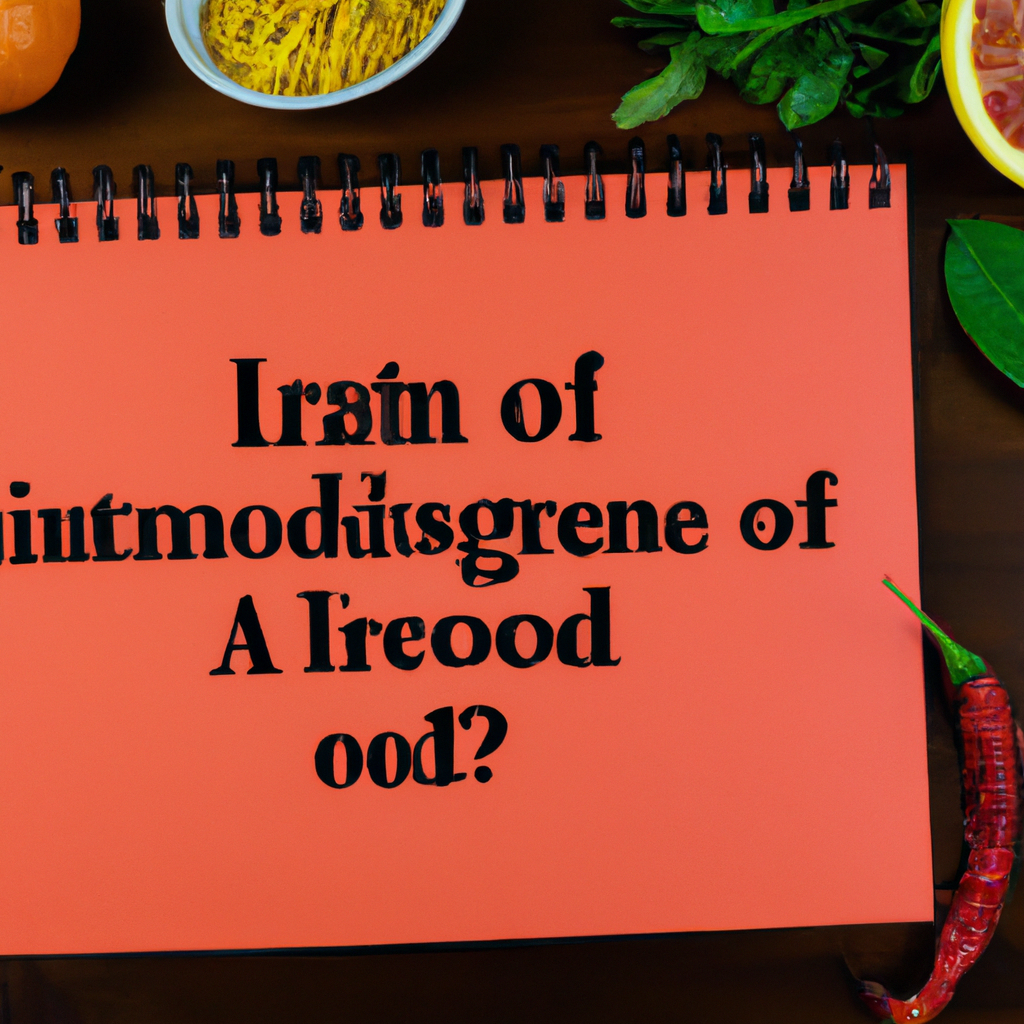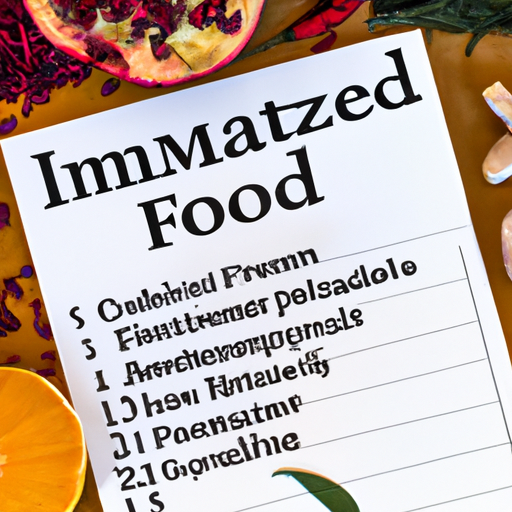If you want to support a healthy lifestyle, an anti-inflammatory diet should be at the forefront of your nutritional plan. But it can be difficult to know where to start when it comes to nutrition. That’s why we’ve put together this helpful list of delicious and nutritious anti-inflammatory foods you should have on your grocery list.
1. Foods That Fight Inflammation
Fight inflammation by consuming these powerfu, nutrient-rich foods
The foods we consume can help reduce inflammation and in turn, reduce and even prevent health-related issues like joint pain, headaches, digestive disorders, and allergies. When we arm ourselves with nutrition-rich foods high in anti-inflammatory compounds — including vitamins, minerals, antioxidants, and more — we start to see unforeseen improvements in health.
- Salmon, mackerel, and sardines
- Turmeric and ginger
- Blueberries and strawberries
- Leafy green vegetables, including spinach and kale
- Bulls-eye mushroom
- Chia and flax seed
- Garlic
- Green tea
These powerhouses provide various manifold health benefits. Not only do they contain anti-inflammatory properties, but they are also may be high in fiber, heart-healthy fats, vitamins antioxidants, and other valuable nutrients. We can incorporate these ingredients in our diets on a regular basis to keep our bodies well-nourished and free of harmful inflammation.
2. Superfoods for a Healthy Anti-Inflammatory Diet
Good nutrition is your first line of defence against inflammation. Eating the right foods in your daily diet has been known to ease inflammation in the body. Superfoods, in particular, are the most nutritious and powerful of all foods, and when added to an anti-inflammatory diet, they can help to reduce the symptoms. Here are some of the best superfoods for an anti-inflammatory diet.
- Oily fish such as salmon, mackerel and sardines contain essential omega-3 fatty acids, which are known to reduce inflammation.
- Nuts and seeds like almonds, walnuts, ground flaxseed and chia seeds are high in omega-3s too, and are great sources of fiber and protein.
- Olive oil is known for its anti-inflammatory effects, and it’s an excellent way to add flavor to salads and other dishes.
- Garlic, onions and peppers are all packed with powerful antioxidants that can help reduce inflammation in the body.
Adding these superfoods to your diet can help you fight inflammation and maintain overall health. Plus, they offer an abundance of vitamins, minerals and other nutrients that are essential for a well-balanced diet. All in all, superfoods are a great way to add more nutrition to your meals and reduce inflammation at the same time.
3. A Personalized Anti-Inflammatory Food List
Fine-Tuning Diet for Optimum Health
Are you suffering from inflammation? An anti-inflammatory diet can help reduce the chances of chronic illnesses. It’s an effective tool to regulate physically and emotionally well-being.
It’s important to craft that includes a variety of healthy, nutritious and delicious foods. Here a few to get you started:
- Salmon and other fatty fish that are rich in omega-3 fatty acids
- Plenty of vegetables and fruits
- Nuts and seeds
- Whole grains high in dietary fiber
- Herbs and spices rather than salt for flavor
- Healthy proteins like chicken, tofu and legumes
Keep in mind that the most important aspect of this anti-inflammatory diet is to identify the food that works for you. Track your food intake, pay attention to the way your body responds to certain meals and tailor your food choices to maximize health benefits. Enjoy the journey and stay confident that you’re on the path to healing.
4. Taking Your Diet to the Next Level with Anti-Inflammatory Foods
Include Foods Rich in Omega 3’s
Taking your diet to the next level means supplying your body with beneficial foods to reduce inflammation. So, add foods rich in omega-3 fatty acids like fatty fish, walnuts, flaxseeds, and chia seeds to your diet. Research has shown omega-3 fatty acids such as DHA and EPA help decrease inflammation.
Include Super Fruits and Vegetables
Antioxidant-rich fruits and vegetables are key components of an anti-inflammatory diet. Examples of anti-inflammatory super fruits are cherries, blueberries, oranges, and apples. Vegetables like kale, spinach, broccoli, and beets have anti-inflammatory properties as well. Incorporating these super fruits and vegetables into your daily diet will provide your body with powerful vitamins, minerals, and other health benefits.
An anti-inflammatory diet is an easy way to reduce inflammation in your body and promote a healthy lifestyle. By including foods high in vitamins and minerals and reducing processed and sugary foods, you can maintain good overall health in the long run. So take the time to review the anti-inflammatory diet foods list above and add them to your weekly meal plan! The difference you make in your life will make it all worth it.
A healthy lifestyle can be achieved in part through diet. With the increasing popularity of anti-inflammatory diets, many individuals are considering foods to support such a lifestyle. Here is an overview of what foods should be included in an anti-inflammatory diet food list.
The cornerstone of any anti-inflammatory diet should include plenty of fresh fruits and vegetables. This includes dark leafy greens, broccoli, onions, garlic, and tomatoes. All of these vegetables are nutrient-dense and loaded with antioxidants which are essential for a healthy functioning immune system. Additionally, they are low in calories and provide high fiber content that helps to reduce inflammation.
The anti-inflammatory diet should also include whole grains, such as oats, quinoa, and brown rice. These provide complex carbohydrates, protein, and other essential nutrients. Additionally, replacing refined grains with whole grains can help to reduce inflammation in the body.
Healthy fats should also be included in an anti-inflammatory diet food list. Fatty fish, such as salmon, tuna, herring, and mackerel, provide omega-3 fatty acids which are essential for reducing inflammation. Other healthy fats, such as nuts and seeds, are also anti-inflammatory and should be included in the diet.
Finally, it is important to include some healthy plant-based proteins. Legumes, such as lentils, beans, and chickpeas, as well as soy products, such as tofu and tempeh, are good sources of protein and can help to reduce inflammation.
In conclusion, a healthy lifestyle can be supported through an anti-inflammatory diet. The diet should include plenty of fresh fruits and vegetables, whole grains, healthy fats, and plant-based proteins. All of these foods are nutrient-dense and can help to reduce inflammation in the body.
